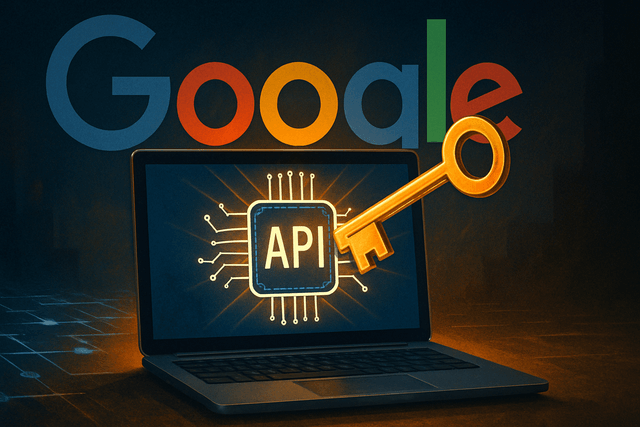In a significant shift that has energized the developer community, Google has reinstated free-tier API access to its advanced Gemini 2.5 Pro model through Google AI Studio.
The decision, announced in early July 2025, marks a reversal from previous restrictions and demonstrates Google's commitment to democratizing access to cutting-edge AI technology. Developers can now obtain API keys through Google AI Studio with generous usage limits—reportedly up to 60 requests per minute and 300,000 tokens per day at no cost.
"Google's stated goal is to accelerate an agentic era where every developer can reason at scale," according to industry analysts. This move positions Google competitively against other AI providers by removing financial barriers that previously limited experimentation and innovation with their most capable models.
Gemini 2.5 Pro, released in March 2025, represents Google's most advanced AI system to date. The model excels at complex reasoning tasks and leads on multiple benchmarks for coding, math, and multimodal understanding. It features a massive 1-million token context window, allowing it to process extensive documents and datasets in a single prompt.
Alongside the API access restoration, Google has introduced Scheduled Actions, a powerful new feature enabling users to automate recurring tasks. This capability allows subscribers to schedule one-time or recurring commands through natural language prompts. Users can configure up to 10 active scheduled actions simultaneously, with tasks ranging from daily email summaries to periodic creative prompts.
For developers looking to build production applications, Google maintains a paid tier with higher rate limits and additional features. However, the free tier provides ample resources for learning, prototyping, and building proof-of-concepts without upfront investment.
This strategic decision could significantly accelerate AI innovation across the ecosystem by enabling smaller developers, researchers, and startups to experiment with state-of-the-art models that were previously cost-prohibitive to access.

